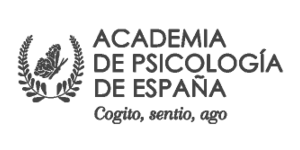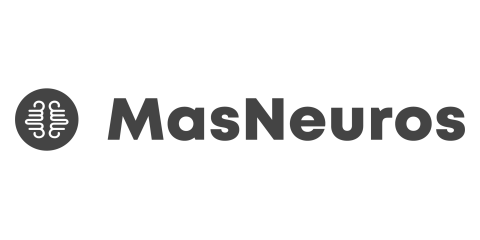Speaker

BRADLEY WHITE
UNIVERSITY OF ALABAMA. UNITED STATES
Dr. Bradley White is an Associate Professor of Psychology at The University of Alabama, where he directs the Cognition, Emotion, and Self-Regulation (CEaSR) Lab and serves as a core faculty member at the Center for Youth Development and Intervention. He holds a Ph.D. in Clinical Psychology from Florida State University and is a licensed psychologist.
Dr. White’s research focuses on developmental psychopathology and clinical science, with an emphasis on the development, prevention, and treatment of youth aggression, callous-unemotional traits, and disruptive behavior problems. His work employs an experimental therapeutics approach to advance interventions for child psychopathology by targeting key mechanisms of change, including emotion processing and regulation.
His research has been funded by the National Institute of Mental Health and other agencies. Dr. White has published extensively in peer-reviewed journals, with highly cited works on self-regulation deficits, anger rumination, and psychopathic traits in relation to behavioral problems in children and adolescents.
Dr. White is co-editor of the Oxford Handbook on Child and Adolescent Clinical Psychology, Associate Editor of Evidence-Based Practice in Child and Adolescent Mental Health, and Consulting Editor of the Journal of Clinical Child and Adolescent Psychology. He serves on committees for several professional organizations, including the Society of Clinical Child & Adolescent Psychology and the Association for Behavioral and Cognitive Therapies.
Currently, Dr. White is developing and testing innovative interventions, such as facial affect sensitivity training for children with callous-unemotional traits, to improve outcomes for youth with mental health challenges
Targeting Mechanisms of Change: Advancing Child Mental Health Interventions through Experimental Therapeutics

This symposium showcases cutting-edge research in child and adolescent mental health interventions using an experimental therapeutics approach. This approach, emphasized by the National Institute of Mental Health, aims to identify and target key mechanisms of change to improve treatment outcomes. Our presenters will discuss innovative interventions that address specific mechanisms in various populations and contexts.
Dr. Bradley White will present on facial affect sensitivity training for children with callous-unemotional traits, examining how targeting the processing of other’s emotional expressions can impact behavioral outcomes. Dr. Martha Wadsworth will discuss the psychosocial and biological mechanisms of the BaSICS program in low-income adolescents, showcasing how targeting specific processes can lead to improved outcomes in vulnerable populations. Dr. Jamie Ostrov will present findings on reducing aggression and peer victimization in early childhood by targeting executive functioning and emotion regulation, illustrating the potential of mechanism-focused interventions in young children. Dr. Susan White will explore interventions targeting key processes linked to autonomy in autism, highlighting the importance of addressing core deficits to improve overall functioning.
Together, these presentations will demonstrate the value of the experimental therapeutics approach in advancing child mental health interventions. By explicitly specifying and targeting a priori hypothesized key mechanisms, this approach offers a more efficient and effective path to developing and refining treatments for child psychopathology. The symposium will provide insights into how this approach can be applied across different age groups, disorders, and contexts to improve outcomes for children and adolescents with mental health challenges.












